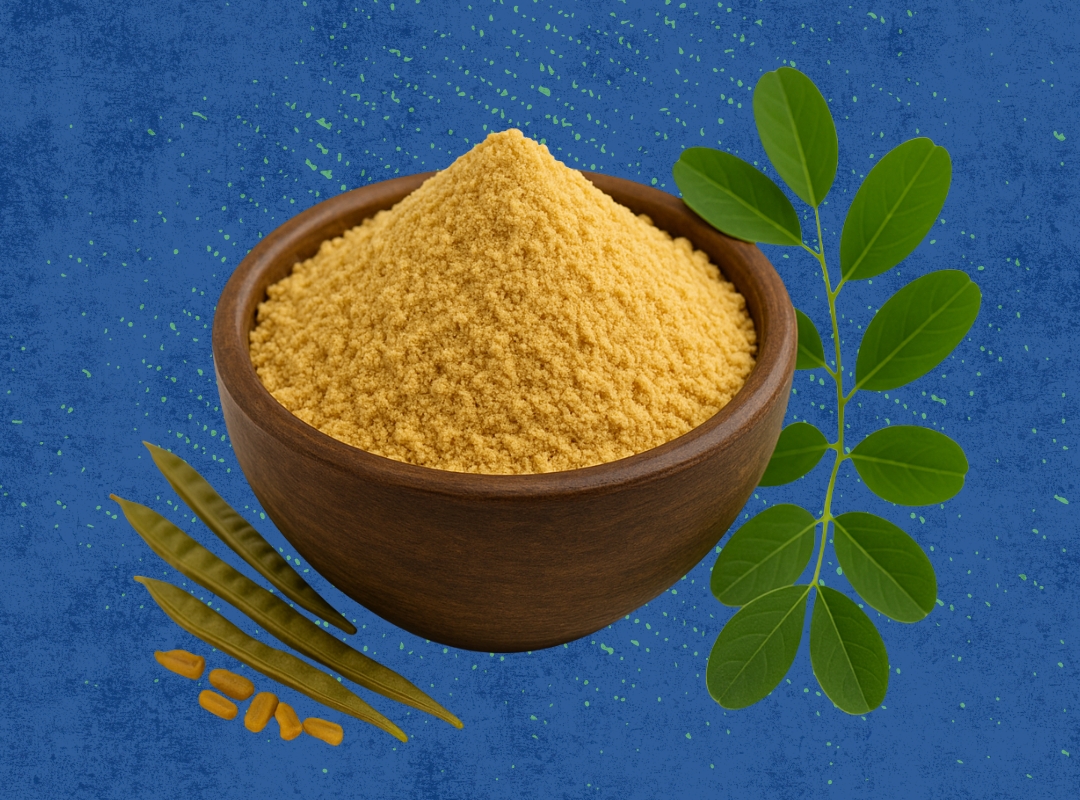Importing Guar, Cassia, and Fenugreek Gum to the EU & UK – Quality Standards You Must Know

When it comes to importing natural gums into the European Union (EU) and the United Kingdom (UK), the rules are strict, the quality expectations are high, and the stakes are significant.
Whether you’re sourcing Guar Gum, Cassia Gum, or Fenugreek Gum, understanding the region’s standards can make the difference between a smooth customs clearance and costly shipment delays.
At Mivanto, our priority is ensuring that international buyers receive gum products that meet and exceed these demanding quality expectations — because in competitive markets like the EU and UK, compliance and consistency are non-negotiable.
1. Why the EU & UK Have High Standards
The EU and UK are among the world’s largest importers of food and industrial-grade gums.
These natural thickeners and stabilizers are widely used in:
- Food products (sauces, baked goods, dairy alternatives, pet food)
- Pharmaceuticals (capsules, suspensions, controlled-release tablets)
- Cosmetics (creams, gels, lotions)
- Industrial applications (textile printing, paper coating, mining)
Because these products directly affect consumer health, safety, and product performance, both regions have strict legal frameworks for food safety, traceability, and ingredient quality.
2. The Regulatory Framework
Importing gums into the EU and UK involves adherence to multiple regulations, including:
A. Food Additive Approval
- Guar Gum – Approved as E412
- Cassia Gum – Approved as E427
- Fenugreek Gum – Recognized for its functional properties but approval depends on intended use.
- Additives must be listed in the EU Food Additives Regulation (EC) No 1333/2008 or equivalent UK retained law.
B. Purity Specifications
The gum must meet purity standards set by:
- EU Regulation (EU) No 231/2012 (defining composition and quality for food additives)
- Microbial limits, absence of contaminants, and acceptable moisture content.
C. Contaminant Limits
Importers must ensure compliance with:
- Heavy metals: Lead, arsenic, mercury, cadmium within safe limits.
- Pesticide residues: Below the Maximum Residue Limits (MRLs) set by the EU/UK.
- Microbiological criteria: Absence of pathogens like Salmonella and E. coli.
D. Labelling Requirements
Packaging must clearly mention:
- Product name (e.g., Guar Gum – E412)
- Batch/lot number
- Net weight
- Country of origin
- Best-before date
- Any allergen information (if applicable)
3. Understanding the Quality Parameters
While regulatory approval is the first step, technical quality determines market acceptance.
Key parameters EU & UK buyers focus on:
- Viscosity – The gum’s thickening ability must match product formulation needs.
- Particle Size – Consistency in mesh size ensures uniform application.
- Moisture Content – Low moisture prevents microbial growth and maintains shelf life.
- Color and Odor – Should be clean and neutral, without off-odors.
- Solubility – High solubility ensures ease of blending in formulations.
4. Customs & Import Procedures
Documentation Checklist
For smooth entry into EU/UK markets, importers require:
- Commercial invoice
- Packing list
- Bill of lading / airway bill
- Certificate of origin
- Product specifications and test reports
- Any declarations of allergen-free or GMO-free status (if required by the buyer)
Pro tip: Missing or inaccurate documents are one of the most common causes of customs delays in the EU & UK.
5. Common Challenges Faced by Importers
- Regulatory changes: The EU frequently updates additive regulations — staying informed is crucial.
- Supplier inconsistency: Variations in gum quality can lead to product recalls or reformulation costs.
- Logistics delays: Port inspections can cause unexpected delays if compliance is not evident.
6. How Mivanto Supports EU & UK Buyers
For buyers in these demanding markets, the sourcing partner must do more than just supply — they must understand regulations, quality control, and market expectations.
At Mivanto, we focus on:
- Supplying consistent quality that meets EU & UK specifications.
- Maintaining batch traceability for every shipment.
- Ensuring that gum properties (viscosity, particle size, purity) match client application needs.
- Clear communication to help importers meet their compliance obligations smoothly.

